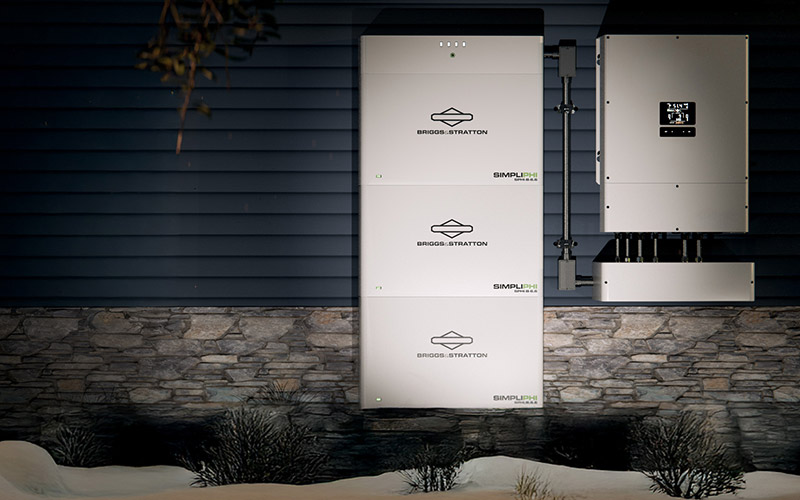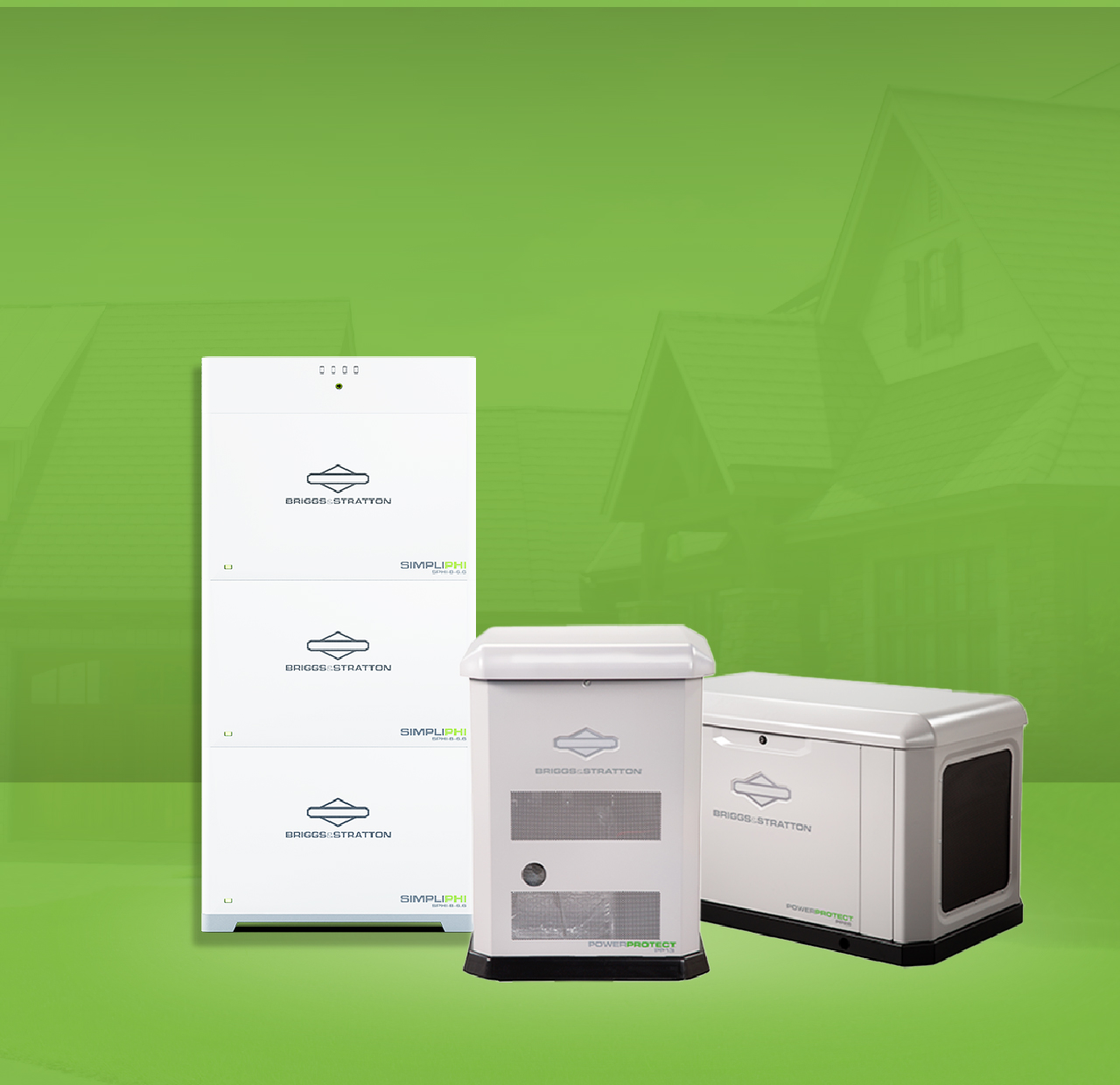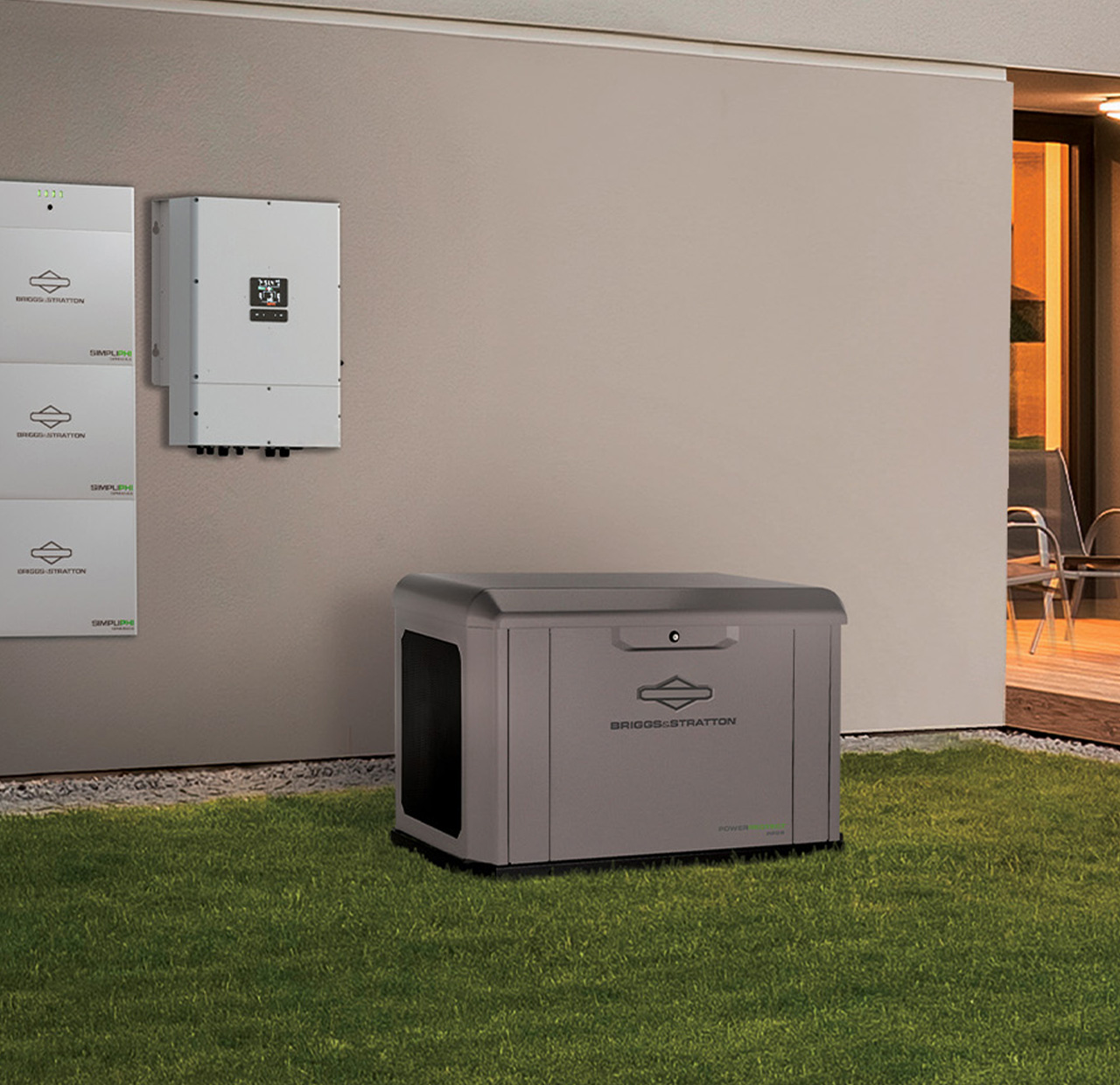
The 2026 Energy Outlook: Record Demand, Grid Strain, and Your Path to Power Independence
As we move through 2026, the American energy landscape is undergoing its most significant transformation in decades. Electricity demand isn’t just growing—it is surging toward historic heights. This year is defined by a high-stakes "execution test" for the power grid, where growth, resilience, and competition for resources take center stage. Read More

2026 Solar Incentives Guide: Why Briggs & Stratton Battery Storage Pays Off
Solar + storage in 2026 looks very different than it did just a year ago. Federal incentives for homeowners have ended, utilities are rolling out aggressive battery rebates, and the smartest returns now come from how you invest—not just whether you go solar. Read More

Refurbished Batteries Supply Off-grid Power to California Preserve
Nestled in the Ojai foothills in Ventura County, California, Taft Gardens & Nature Preserve is a 264-acre property stewarded by the non-profit Conservation Endowment Fund. It was founded in 1981 by John Taft with a mission to educate the public about its environmental heritage, preserve endangered resources and explore the relationship between humans and their environment. Read More

Real Stories, Real Reliability: How Homeowners are Securing Their Power with Briggs & Stratton
In an era of increasingly volatile weather and an aging power grid, energy independence has moved from a luxury to a necessity. Whether it’s surviving a Texas deep freeze, a Vermont blizzard, or a Gulf Coast hurricane, the peace of mind that comes with reliable backup power is priceless. Read More

The Industry-Leading Battery for Cold-Weather Home Energy Storage
Briggs & Stratton, a leader in energy storage innovation, engineered the SimpliPHIⓇ 6.6 specifically to solve the problem of cold temperatures that could significantly impact battery performance. Read More

Your Home Standby Generator Prep Guide
When a winter storm is on the horizon, two concerns rise fast: Will we lose power? and Is our generator ready? Read More

How Briggs & Stratton Protects Your Data with EnergyTrak™
In a world where every device is connected, the security of your personal data is paramount. We believe the app that monitors your home's power should be as secure as the power itself. That’s why our new EnergyTrak™ app is built with an uncompromising focus on data privacy and cybersecurity. Read More

Engineer Relies on Briggs & Stratton® Backup Power
James is a retired college professor and mechanical engineer who lives year-round in the Poconos. While the trees contribute to its beauty, they’re often the culprit of power outages. When a strong windstorm comes through, a downed tree can knock out the power for a few hours or a few days. Read More

Why We Chose LFP for the SimpliPHI® 6.6 Battery
You hear a lot of talk about battery chemistries these days—NMC, LFP, and so on. But for us at Briggs & Stratton Energy Solutions, the choice wasn't just about what's trending; it was about what works best for your home, your safety, and your wallet, over the long haul. Read More


Complete the form below for a no-obligation estimate.



